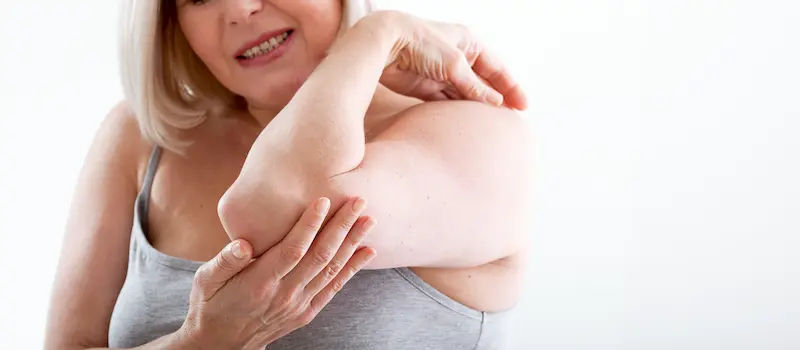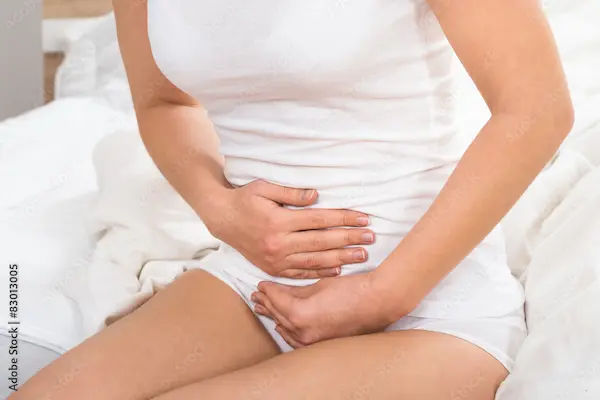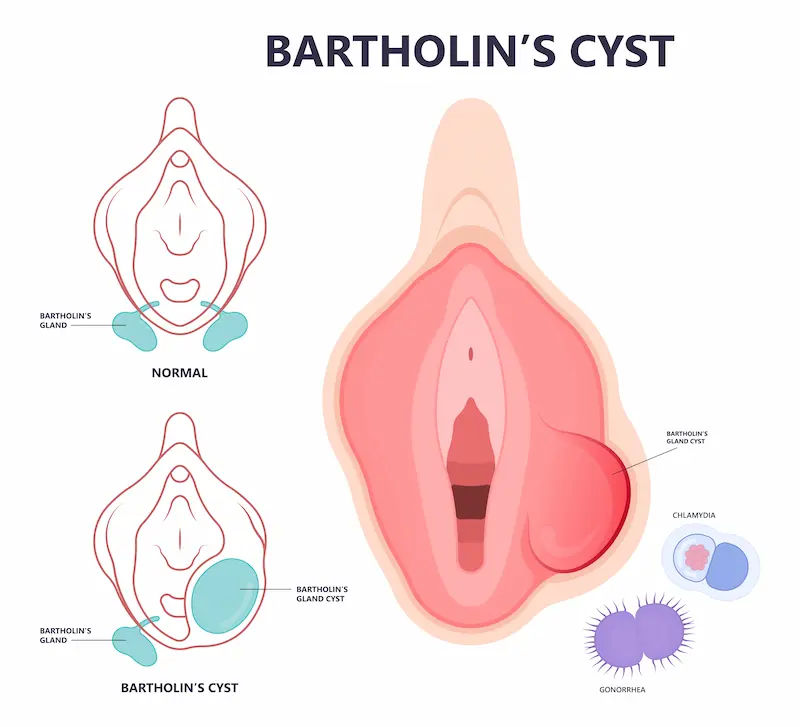- female
- 30 Years
- 01/04/2021
Does endometriosis go away?
Answered by 1 Apollo Doctors
For many women, endometriosis goes away at menopause, when their periods stop. Until menopause, medicine and surgery may be able to help with symptoms of endometriosis.
Dr. Dr Khaleel Suggests...
Consult a Obstetrician and Gynaecologist
Answered 04/07/2025
0
0


Ask Apollo
AI powered Health Chatbot
-
Endometriosis Overview:
- Endometriosis is a chronic condition where tissue similar to the uterine lining grows outside the uterus.
-
Persistence and Management:
- For a 30-year-old female, endometriosis typically does not resolve on its own.
- Symptoms can be managed with appropriate treatment.
-
Treatment Options:
- Pain management and hormonal therapies are common.
- Surgery may be considered to remove endometrial tissue.
-
Consultation:
- Consult a gynecologist to tailor a treatment plan and improve quality of life.
Recommended next steps
Consult a Obstetrician and Gynaecologist
Answered 20/08/2025
0
0
More Obstetrics & Gynaecology Health Queries
View allWhat does a prolapse feel like inside?
If you notice that you have something sticking out of the Anus, you could have rectal prolapse. Additional symptoms of prolapse can include: Feeling a bulge outside your anus, Seeing a red mass outside your anal opening, Pain in the anus or rectum, Bleeding from the rectum and Leaking blood, stool, or mucus from the anus.
Answered by 1 Apollo Doctors
I'm 25 weeks pregnant and had a cerclage done at 14 weeks. Right now my cervical length is 30 mm is that normal or should I be worried about it shortening further?
A cervical length of 30 mm at 25 weeks, especially after a cerclage at 14 weeks, is generally considered normal and not a cause for immediate concern. While some shortening of the cervix is expected as pregnancy progresses, a 30 mm length indicates the cervix is still within a safe range. However, it's essential to monitor it closely and discuss any concerns with your doctor
Answered by 1 Apollo Doctors
I had a bartholin cyst marsupialization done a month ago but there's still mild swelling and pain at the surgery site. It hurts when I sit down. How long until I fully recover?
While mild swelling and pain after a month of Bartholin cyst marsupialization is not unusual, it's important to determine if the symptoms are persistent or worsening. Generally, full recovery takes around 2-4 weeks
Answered by 1 Apollo Doctors
Disclaimer: Answers on Apollo 247 are not intended to replace your doctor advice. Always seek help of a professional doctor in case of an medical emergency or ailment.





